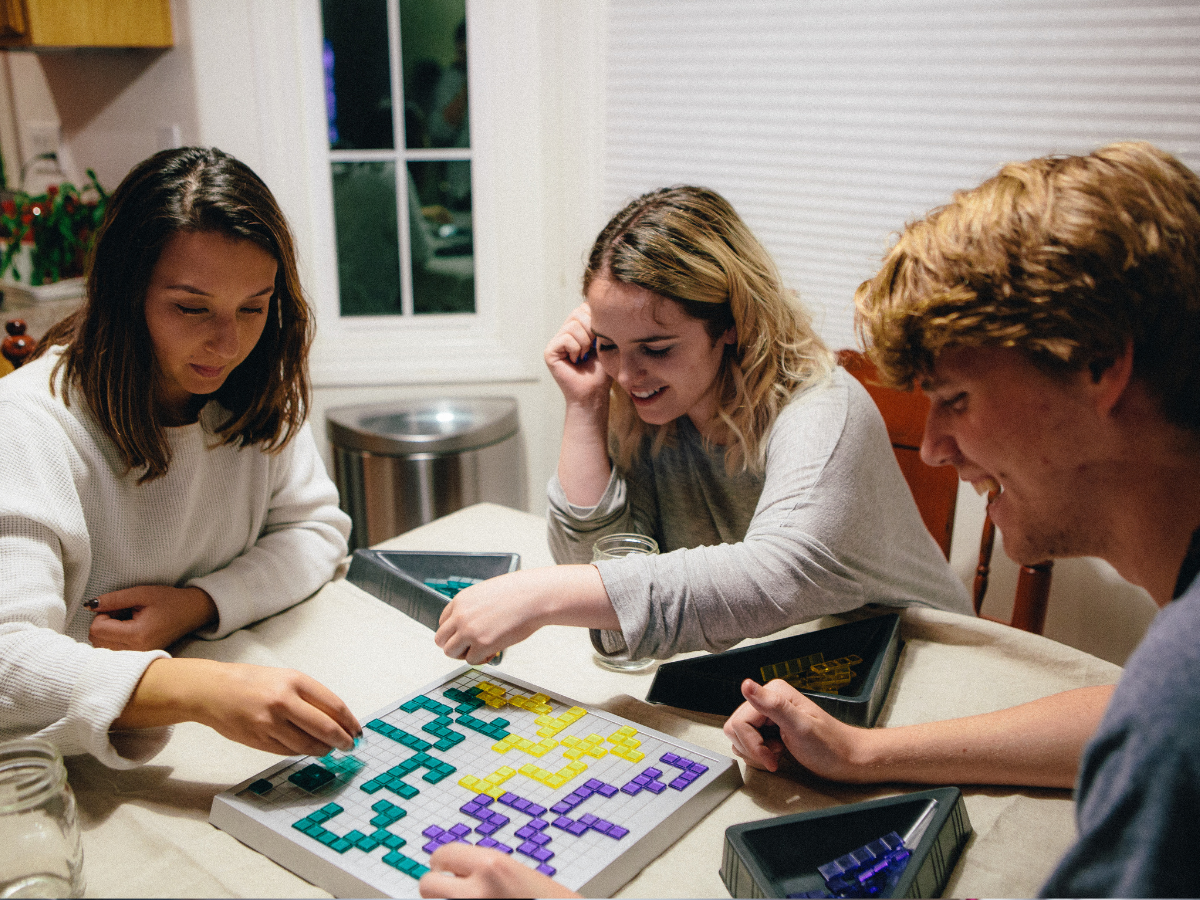Video games are one of the most popular forms of entertainment in the world. There are lots of video games that are good for autistic adults to play, but what if you want to actually make the games? We’ve collected a whole bunch of resources on video game design for autistic adults, from online courses to free game-building engines and more. Here, you’ll find everything you need to start designing your dream.
Learn Game Design Basics
No matter what your dream job is, you have to start somewhere! Virtual courses, videos, and books are a great way to learn the basics, and there are plenty of free video game design resources available online.
Online Courses
Online courses can provide a great structure and help you build a strong foundation for pursuing your passion. Here are some courses you can access for free:
- Coursera: Introduction to Game Design
- MITx: Introduction to Game Design
- Coursera: Character Design for Video Games
- Codecademy: Introduction to Game Development
Books & Guides
There’s a whole world of literature dedicated to creating levels, characters, and games as a whole. Here are some books and online guides to check out:
- Designing Games: A Guide to Engineering Experiences by Tynan Sylvester
- Game Design Workshop: A Playcentric Approach to Creating Innovative Games by Tracy Fullerton
- The Art of Game Design: A Book of Lenses
- MDA: A Formal Approach to Game Design and Game Research
Videos
If you prefer a more visual approach to learning, these YouTube channels have great instructional content about video game design and creation:
Practice Your Skills
The key to learning any new skill or trade is practice, practice, and more practice. Because video game design involves lots of creativity, technical know-how, and industry-specific
Stay Creative
Video game design is a very creative career. It combines elements of storytelling, visual artistry, and digital creation. Here are some ways to strengthen your creative skills without a computer:
- Make a board game: Creating a physical game is a great way to keep your game-designing mind active and engaged.
- Design levels on paper: Sketch out ideas for levels or game mechanics. These can be good reference points for digital designing or simple creative exercises to experiment with new ideas.
- Create characters: Before you bring your video game character to the screen, there are a lot of decisions you need to make. Use a character creation template or make your own to start bringing your characters to life.
- Storyboards: These are where you map out ideas for the flow of your game from start to finish, including characters, levels, challenges, scenes, and any other details. You can
Start Small
Most game designers start by creating short, simple 2D games. Here are some free video game engines and tutorials for creating your first game:
- GameMaker
- Godot Engine
- GameMaker: Everything You Need To Know About Making A 2D Game
- How to make a Video Game: Godot Beginner Tutorial
Discover How to Become a Game Designer
Learning how to become a video game designer takes a lot of time and effort, but it can be an incredibly rewarding job! It involves working towards the right education, developing your skills, and finding good employment opportunities.
Education
If you plan on working on games independently, you may not need to worry too much about diplomas, degrees, or certifications. Most companies, however, have a minimum requirement for the level of schooling you need to complete before you can work for them. Here is some information about education, skills, and qualities gaming companies look for:
- Web Developers and Digital Designers: Occupational Outlook Handbook
- Indeed: Game Designer: Education, Requirements and Skills
Look for Experience Opportunities
There are many useful career resources for autistic adults looking to get into gaming design. Be on the lookout for internships, employment programs, and companies that have a good record of hiring neurodivergent people. It’s a good idea to practice your interview skills, too! Here are some opportunities for autistic adults:
- NDTech (NeuroDiversity in Tech) Summer Internship
- Ubisoft Careers: Neurodiversity
- Activision: Early Careers
Learn From People in the Industry
Nobody knows more about a career in video games than people who already work in that world. Here are some resources with insight and advice from neurodiverse people in the gaming industry:
Find More Resources that Help You Achieve Your Life Goals
No matter what your goals are, NeuroNav is here to help you achieve them. From helpful guides to essential disability resources, we want to give you everything you need to reach your full potential.
For Californians with IDDs, the Self-Determination Program (SDP) can give you more freedom and flexibility in the supportive services you receive. NeuroNav’s independent facilitation services can help you navigate the enrollment process and secure funding for the activities and services that will help you meet your goals. Schedule a consultation today to discover what’s possible with NeuroNav on your team.




